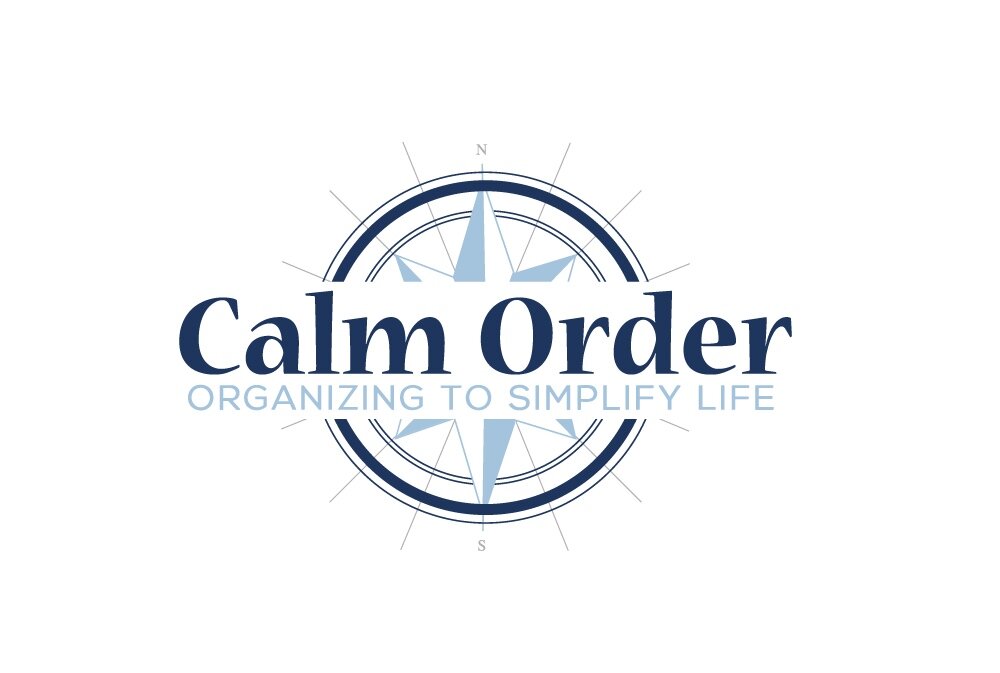Having a hard time keeping track of everything in December? The holidays are a busy time for many people, with parties, activities, and usual appointments and errands – and that doesn’t even cover everything that needs to be done! For many people, their “to do” list can be never ending. While you may have tasks written down or programmed into your phone with reminders, it can be easy to ignore them when times get busy and stressful. Here are some suggestions on how you can stop ignoring your to-do list and keep on top of all your tasks:
Use a calendar
If you have any appointments or events coming up this month, make sure you book them directly into your calendar, whether it is electronic or manual. With an electronic calendar, you can email yourself reminders in advance, so you won’t forget about them or double book yourself. By using a calendar, you can also get a good view of what other activities you have coming up in the week or month, so you can plan ahead. Don’t be afraid to use your calendar for smaller reminders as well, like when to defrost the turkey, when to wrap gifts, and when to go shopping.
Organize tasks into categories or projects
If you have a big project to work on or have multiple tasks that fit into one category (like “holiday meal”), only set one reminder to review the project or category. In your reminder you can list all of the tasks that need to be completed, but don’t set a reminder for each separate task. This will quickly fill up your calendar and can make you feel overwhelmed. By setting up only one reminder, you can keep all the tasks related to that one project or category together. When you categorize tasks or activities, you can focus on the big picture and stay on track..
Use a digital app for your lists
If you prefer checking off tasks on a to-do list, consider using an app on your phone that will help you keep track of what you need to get done. Apps like ASANA and Wunderlist have robust search features and a great task list that can help you record everything. They even let you categorize tasks into separate folders, so you can keep all related tasks together in one place. With a digital to-do list, you can also set reminders to be emailed to you or sent to your phone. You also don’t have to worry about losing or misplacing your list if you keep it on your phone – some apps even have the option of exporting your list or accessing it on a desktop for added security.
Make it visible
When you’re figuring out what you need to do, make sure you record your tasks or events in a place that you are sure to check regularly. If you have a calendar in your office but you never go in there, then you shouldn’t use it to record your holiday events and tasks. Instead, use your phone or electronic calendar, which you may be more likely to check regularly. For families, it is also important to make sure everyone is on the same page. Consider syncing your online calendars together or setting up a large format calendar in your kitchen or family room where everyone can see it and stay up to date on what is going on and what needs to be done. You can also use it to delegate tasks to each person, so everyone knows what they are responsible for doing.
Don’t take on more than you can
You can only stay on track of your holiday tasks if you have a manageable number of tasks to complete. If you try to take on more than you are actually able, you will have a much harder time trying to get things done on time and done properly. Don’t be afraid to get help from family and friends for holiday tasks like preparing for meals, decorating, and shopping for gifts. It’s also okay to say no to events or activities if you can’t make room in your schedule. Instead, try and plan get togethers after the holidays, so you don’t have to worry about making time for everyone.
If you have a lot that needs to be done during the holidays, make sure you take the time to properly plan and organize your tasks, so you can stay on track during the busy season. Find a method that works for you – one that won’t let you ignore or forget important appointments, events, and tasks. During the holidays, you can stay on top of everything and still have time to enjoy the season!













